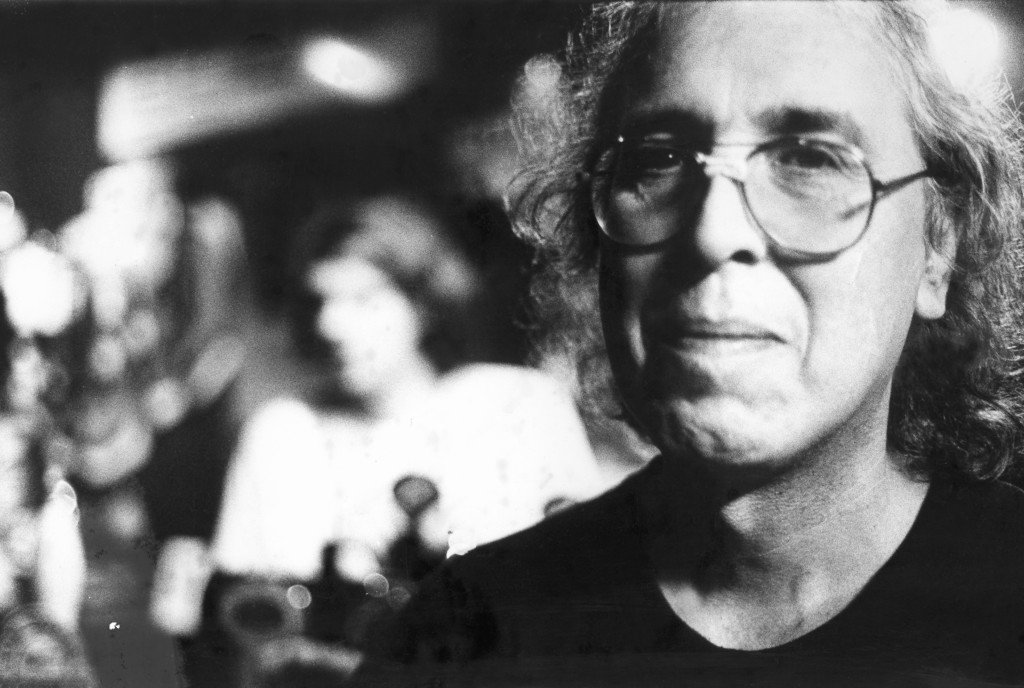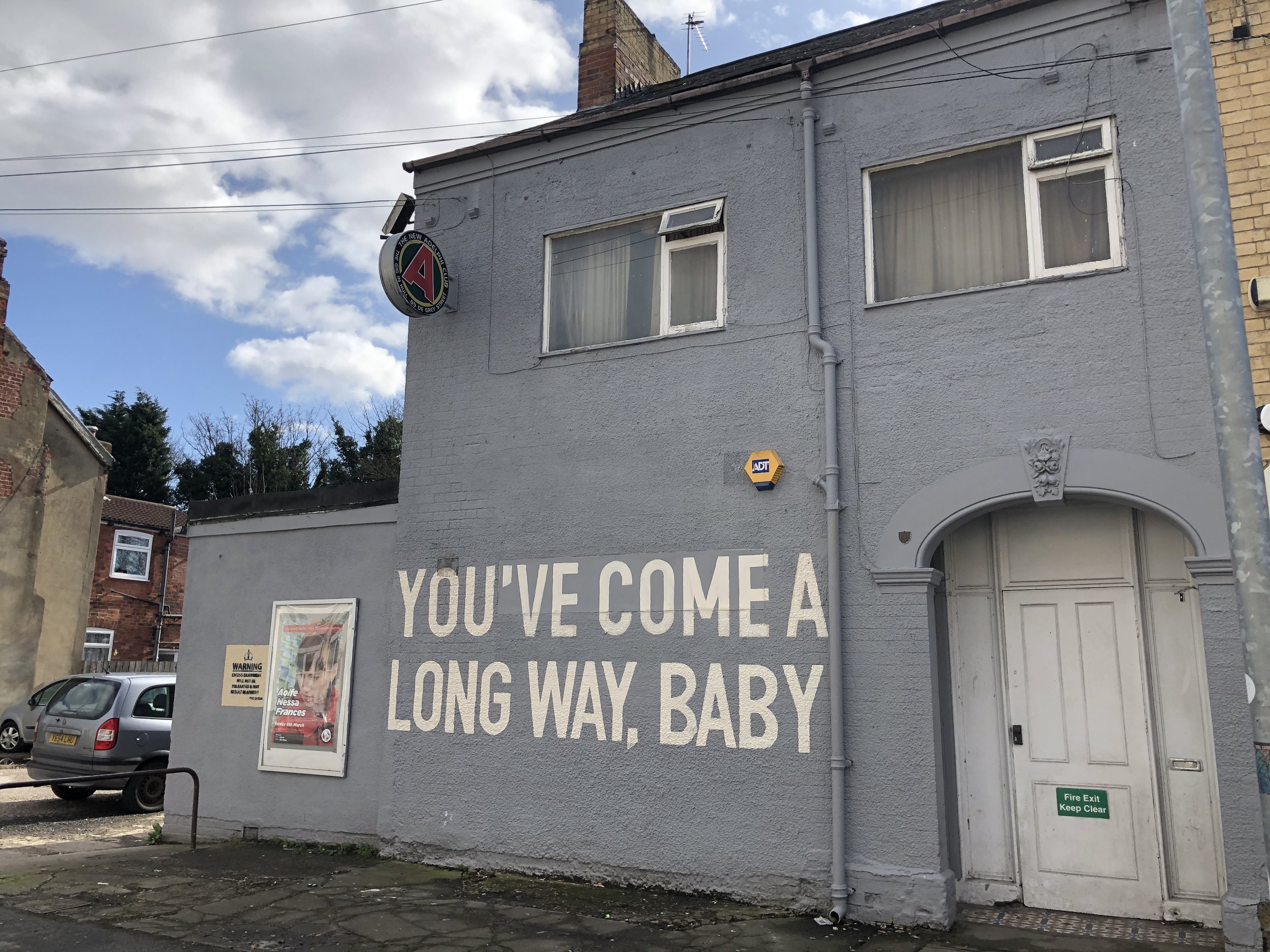Adelphi founder calls for help for ‘lost generation’ left behind in pandemic
‘YOUNG PEOPLE CAN’T AFFORD GIGS’: Paul Jackson
By Simon Bristow, Co-Editor
The founder of Hull’s leading independent music venue has warned of a “lost generation” of young people who are being denied access to live music and other opportunities because of economic hardship and a lack of representation.
Paul Jackson, who founded The New Adelphi Club in De Grey Street in 1984, said young people who came of age during the Covid pandemic had been left behind and are still being overlooked.
This was not only blighting their lives but threatening the future of live music and venues which rely on young audiences, he said.
Paul said: “It’s very difficult for music venues to survive at the moment and the Adelphi is no different to any other music venue. There are lots going out of business at the moment, but there’s new venues opening.
“You know, strings are being pulled to make things extremely difficult for venues at the moment. For example, you’ve got a whole generation of young people who’ve been left behind during the pandemic and recession, and it has been a recession, whatever they call it.
“There’s a whole generation of young kids who can’t afford to go out to gigs at the moment and that’s been going on for a couple of years. Music and live performance is all about young audiences who may well go on continuing going to gigs but we are increasingly reliant on older, middle-aged audiences with the money. So that’s a major problem for us, for the cities and venues around the country.”
Paul said waiving or substantially reducing admission fees for young people was one way of addressing the problem, and discussions were already under way with other interested parties in the city.
He told The Hull Story: “Something needs to be done about creating some sort of scheme to allow young people in for what they can afford. Promoters have agreed to it. I think agents would probably agree to it. We’ll see how it goes.
“But there are various demographs and we’d start with band members and possibly go on to music students in places like Albemarle and the university and other music courses and then look at sixth-formers. But there are negotiations under way, for instance, with sixth-formers. You’d have to deal with the underage aspect of it and try your best to make sure that no 16 and 17-year-olds were able to drink at the Adelphi.”
Paul also said one of the results of disengagement from young people was the loss of their creativity, and that the music scene was “not very varied” now.
LEGENDARY: The Adelphi
“That’s partly one of the consequences of kids not being able to afford to go to gigs,” he said. “There isn’t that sort of incentive for people to form bands anymore because part of the attraction of forming a band is playing in front of an audience and if nobody can afford to go out…
“As I said, young people are forming part of a new unrepresented underclass at the present time, which isn’t being recognised, which includes young people and a lot of people who are self-employed.”
The Adelphi is approaching its 40th anniversary on October 1 with a series of celebratory gigs and events planned for that month, with tickets expected to go on sale in summer.
The club was named UK Grassroots Venue of the Year at the Music Week Awards in 2022.
Since its launch it has welcomed over a million visitors and played host to more than 40,000 bands – many of whom were on their way to commercial and critical success.
So far, 11 bands who have played in the intimate surroundings of The Adelphi have gone on to headline the main Pyramid Stage at Glastonbury Festival, one of the biggest and most coveted gigs in the world.



